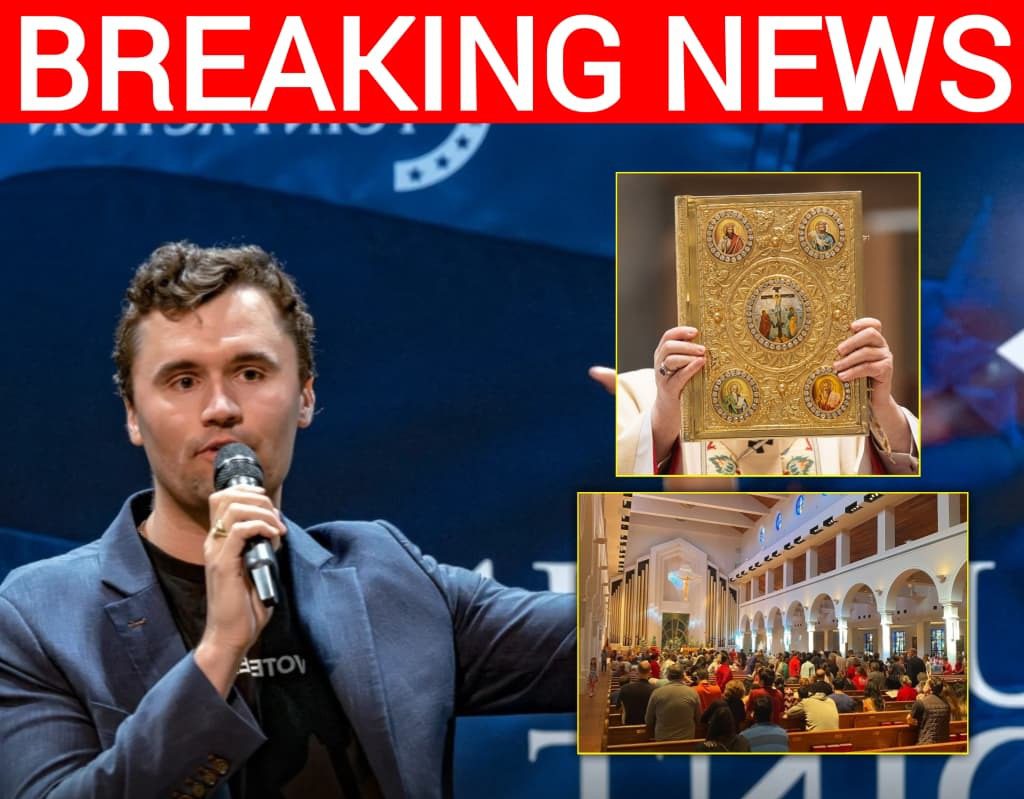Pastors Report 15% Attendance Surge and 10 Million Bibles Sold After Charlie Kirk Assassination—Is America Turning Back to Faith?
In the days since Charlie Kirk was assassinated on September 10, I’ve heard the same sentence from people across very different walks of life: “I went back to church.” Pastors are reporting a 15% jump in attendance, and publishers say Bible sales have already crossed 10 million through the end of August, with momentum carrying into September. You can feel it in the way people talk—quieter, more serious, and somehow more hopeful. Tragedy didn’t just shock the news cycle; it seems to have unsettled hearts enough to send them searching.

The numbers matter because they sit against years of flat lines. Pew’s 2023–24 Religious Landscape data showed a kind of stabilization—prayer and attendance often hovering in that 30–44% band, steady but not soaring. That’s why a sudden 15% bump is catching attention. It looks like a pulse returning after a long, even beat. Whether it lasts is a fair question; early spikes after national shocks can fade. But the size and speed of this rise suggest something more than a passing moment.
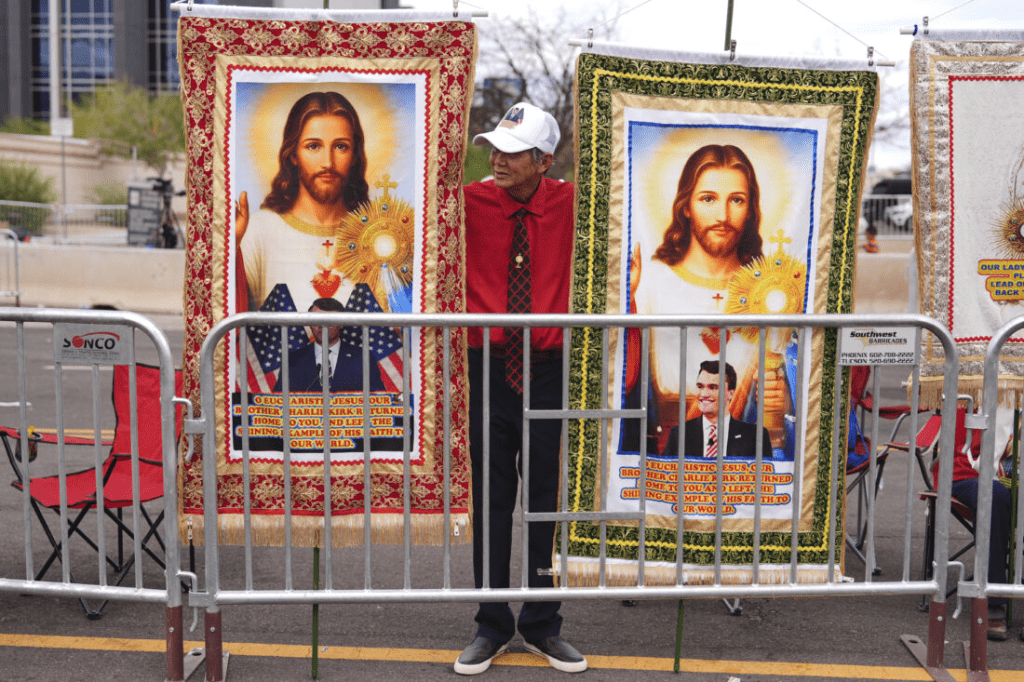
This isn’t happening in a vacuum. Earlier coverage from Christian outlets noted a strong appetite for Scripture well before September; CBN reported late last year that Bible sales were already up about 22% amid cultural confusion among younger Americans. Pair that with the present wave and you can see a pattern emerging: a generation raised online is grabbing onto something solid and old. Ten million Bibles sold by August isn’t just a retail headline; it’s a sign that people are choosing paper and ink over scrolling, at least for a time.
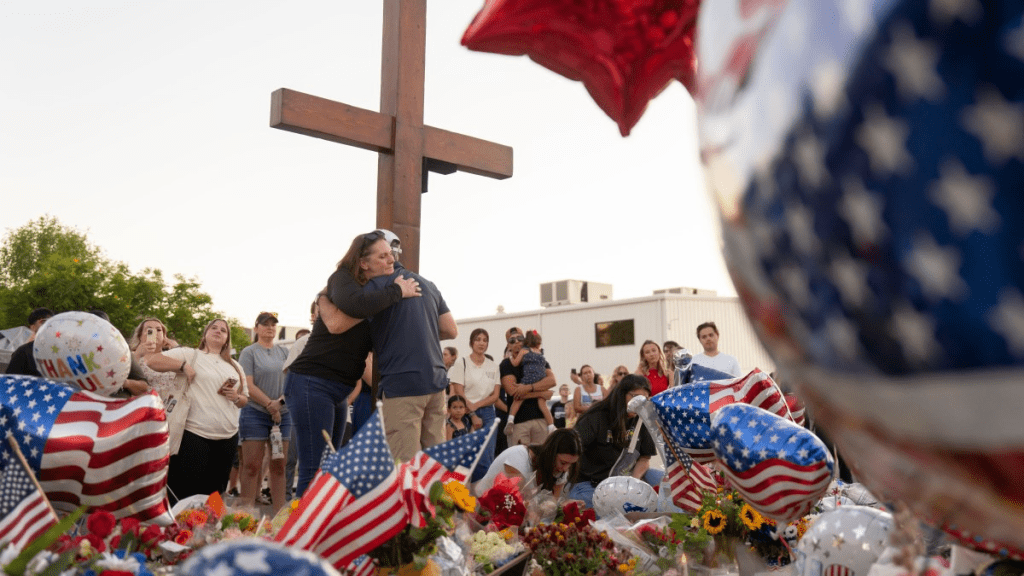
Charlie Kirk’s killing was an earthquake in conservative circles, and it echoed beyond politics. According to reports, the suspected shooter was a 22-year-old, and the shot itself came from long distance—details that only deepen the sense of senseless loss. The Washington Post and other outlets had already warned in early 2025 about rising political extremism, and this event pressed that warning into painful reality. After something like that, it’s natural to ask harder questions about purpose, community, and eternity. The pew is one of the oldest places in America where those questions get asked out loud.
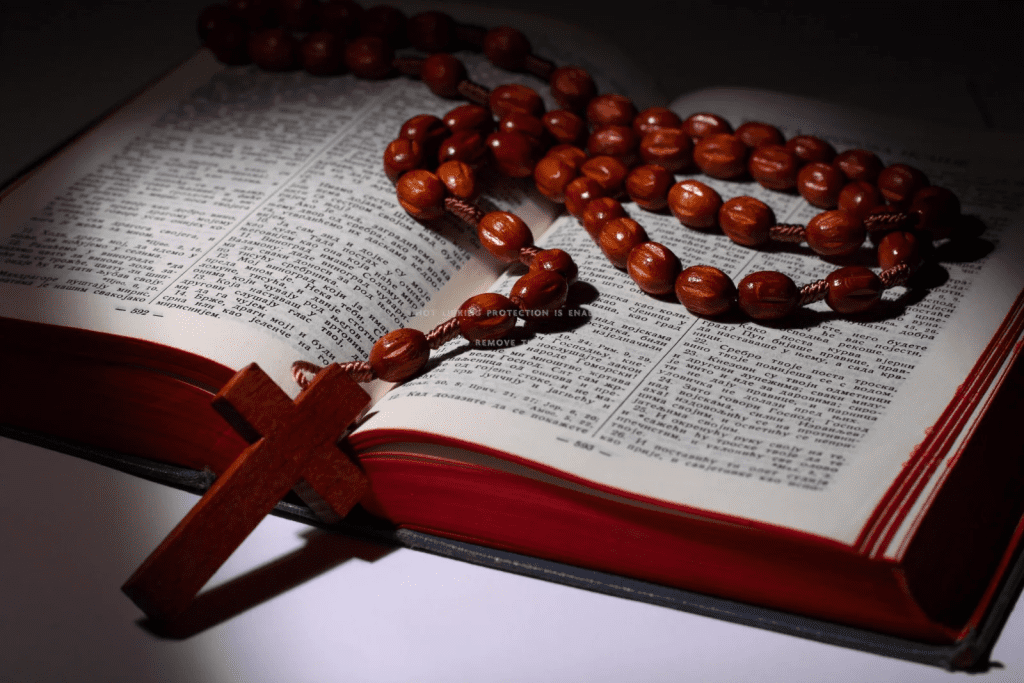
Still, correlation is not causation. We should be honest about that. Some of the surge is surely grief and solidarity, some of it a coordinated mobilization by ministries and student groups, and some of it the spotlight effect—when media coverage amplifies a trend until the trend becomes real. But none of that makes the longing fake. People don’t wake up early on a Sunday, get dressed, and drive across town just for a headline. They go because something inside is unsettled and needs an answer. In a season of bitter argument, worship feels like the opposite of shouting. It’s quiet, ordered, and hopeful.

What happens next matters more than any single week’s count. If churches greet newcomers with warmth and clarity, if messages offer truth without cruelty and mercy without mush, this moment can turn into a movement. If not, the spike will slide back to the old baseline and we’ll tell ourselves it was just another blip. That choice isn’t theoretical; it’s practical—childcare that runs on time, sermons grounded in Scripture, small groups that actually follow up, and a willingness to make room for people who show up with more questions than answers.
Bible publishers and bookstores are seeing the other half of the story. When people buy a Bible, they bring it home to kitchen tables, dorm rooms, and break rooms. They underline passages. They leave pages dog-eared. Whether those ten million copies end up read cover to cover or opened in midnight panic is not for me to guess, but the decision to own one is a vote for meaning in a loud age. It’s a small rebellion against cynicism.
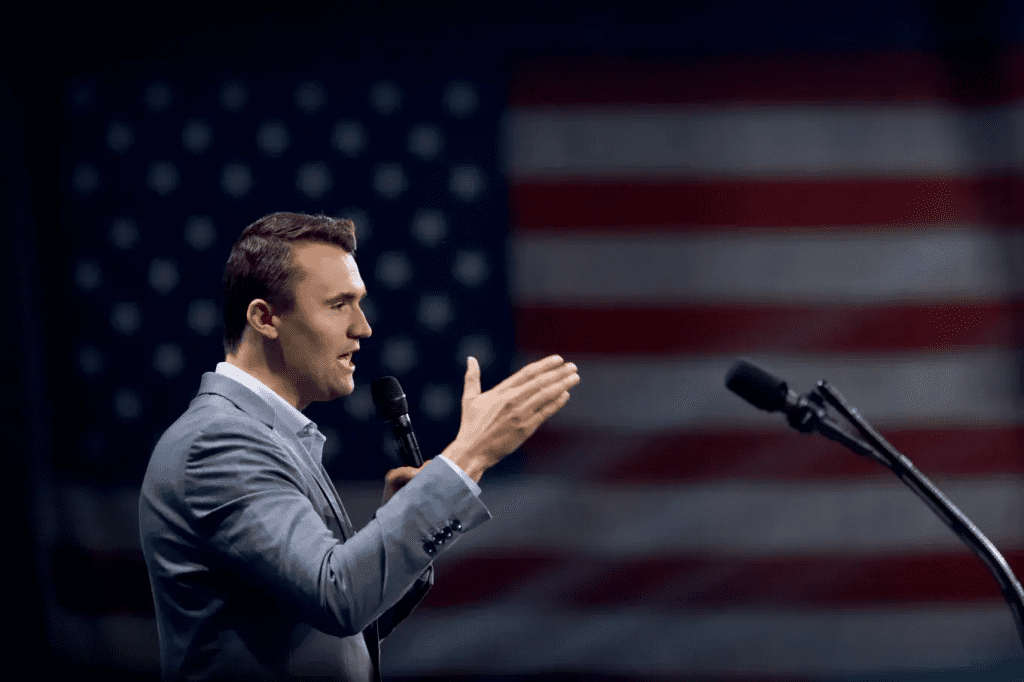
I don’t know if historians will call this a revival. Those labels only make sense looking backward. What I do know is that, in the wake of violence and fear, many Americans are walking through church doors again and reaching for a book many of us assumed was gathering dust. Maybe that’s the quiet miracle inside an ugly season: grief can harden into rage, or it can soften us enough to ask for help. Right now, across sanctuaries big and small, more people are choosing the second path. If that continues, the most important story of this month won’t be the headlines we argued about—it will be the prayers nobody heard except the One they were meant for.
